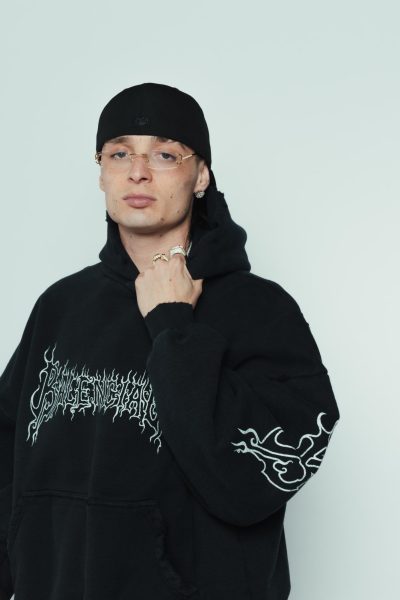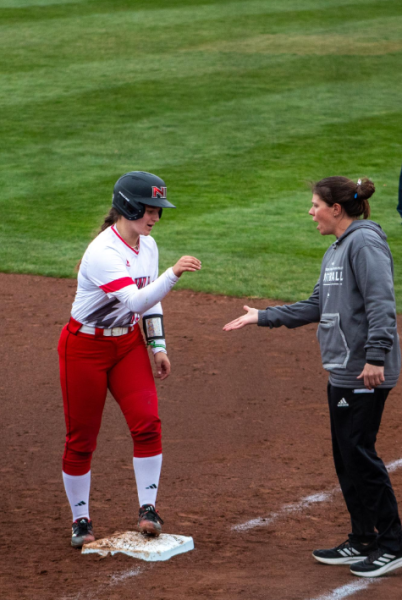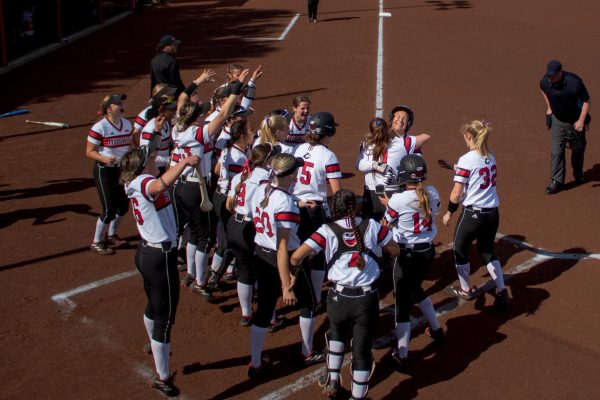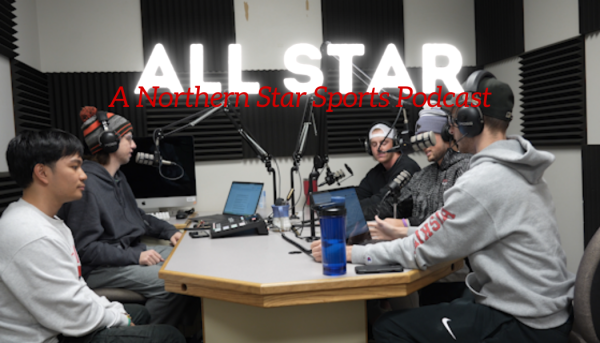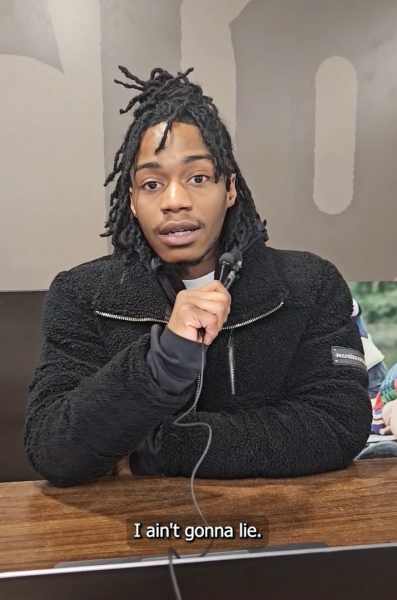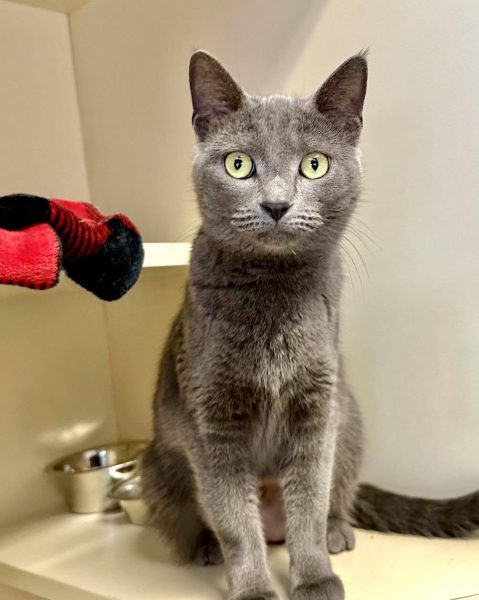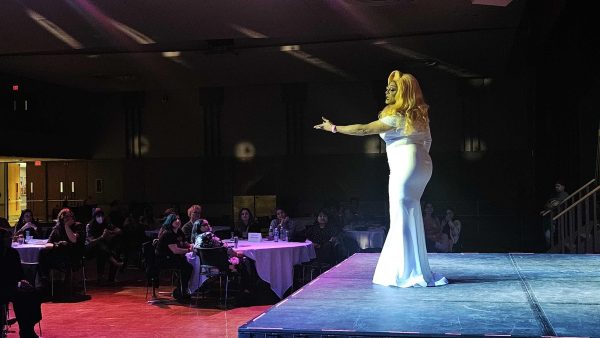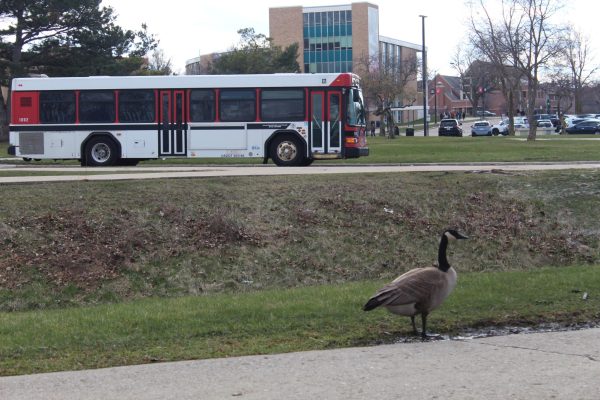Wonder Woman documentary tells interesting story of feminism
April 17, 2013
She’s strong, honest and beautiful, but there’s more to her than meets the eye: Who is it, you ask? It’s none other than Wonder Woman.
A recent documentary premiered Monday on PBS called “Wonder Women! The Untold Story of American Superheroines,” which attempts to explore feminist history through the perspective of the Wonder Woman character.
I’m usually not a fan of documentaries. I mean, sure, I’ll watch them if there are cute animals on during at least 90 percent of air time. Other than that, I’ve only seen documentaries in an educational setting.
This documentary was different because it had one of my favorite things in the world: comic books. That’s the only reason I was considering watching “Wonder Women.” Even if Wonder Woman used her Lasso of Truth on me that would be my answer.
The film explored different decades of the character of Wonder Woman; it begins by talking about William Moulton Marston, the creator of the character and inventor of one of the components used in the lie detector—anyone else see a connection between this guy’s invention and the Lasso of Truth?
Marston joined DC in hopes of creating a woman superhero, since the comic book scene was dominated by men. Wonder Woman debuted in December 1941, and comics would never be the same.
Everything was going fantastic on Paradise Island until Charles F. Murphy declared comic books to be “evil” and used some of the most violent comics as examples to scare parents. The Comics Code Authority’s creation led to the era of “vanilla” comics in the 1950s. Murphy also said Wonder Woman was promoting lesbianism and bondage, so DC Comics changed the character entirely.
Viewers learn that just 10 years after Wonder Woman’s debut she becomes less of a symbol for feminism and more of a house wife to Steve Trevor due to the Comics Code Authority; she stopped acting as his hero and we soon saw Trevor on the cover carrying a petite Wonder Woman in his arms. In 1970 Wonder Woman agreed to give up her Amazonian powers to become a clothing line designer and by the 1980s she lost her feminist spark and other lady superheroes–like Phoenix and Storm from X-Men–take her place.
There’s a scene in the documentary that really tugs at the heartstrings. It shows a little girl dressed in a Wonder Woman costume. She talks about how Wonder Woman is a role model because when she gets bullied at school, she reminded herself to never give up and to keep going like Wonder Woman would.
“Wonder Women” makes a person remember what is so great about heroes. It isn’t that they have superpowers or that they have stunning looks, it’s that an average person can be a superhero to. If you’re interested in watching “Wonder Women! The Untold Story of American Superheroines,” visit Video.PBS.org/video/2331042879.




